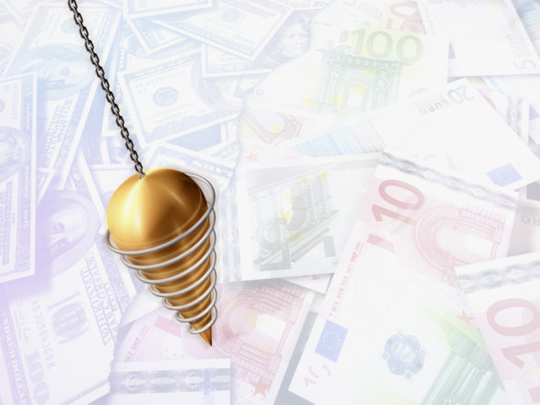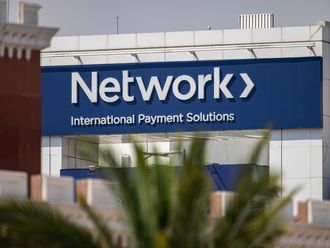
When we think of Europe, we often think of fine things — Belgian chocolates, French perfumes, Italian designer clothing, Swiss watches and shopping along the Champs-Élysées. However, over the past few years, Europe has gone through some difficult times that are anything but fine.
The global financial crisis exposed the weaknesses of many over-indebted European economies and sent the continent into a deep recession. Peripheral and southern European countries were impacted the most, with Ireland, Greece and Portugal requiring direct support from the rest of the European Union for financial survival. The Greek crisis on its own brought into question the sustainability of the euro as a single currency.
As unemployment shot up to 12 per cent across the Eurozone (some countries such as Spain hit a much higher level of 26 per cent) there was a mass exodus of professionals from those countries. We saw some manifestations of the European crisis in the UAE including an influx of professionals in financial services and other areas, businessmen and entrepreneurs. At a time when European governments were raising taxes and implementing harsh austerity measures to battle their economic ailments, Europeans saw in the UAE a business-friendly tax-free destination and a business hub connecting Europe with Asia.
Europe, however, seems to have turned a corner, with the threat of a major systemic crisis receding due to a strong commitment from European policymakers to preserve the euro as a currency, and their ability to, for the most part, make difficult fiscal decisions to arrive at workable, albeit imperfect, compromises. Overall, the Eurozone is growing again after nine consecutive quarters of contraction and is expected to grow by 1 per cent this year, with less of a drag expected from austerity measures going forward.
With this as a backdrop, I expect this year to be a good one for European equities, as markets rerate them higher on the back of a recovery in Europe as well as globally. European equity markets as a whole are trading around 15 times 2014’s estimated earnings, which may seem like a fair valuation. I expect the low earning estimates of European companies to move upwards as recovery settles in and therefore recommend increasing investor allocations to European equities this year.
There are clear indications that savvy investors have recognised this trend and have begun to take advantage of it. I advise caution when initiating any new investments and seeking the advice of professionals, but for long-term investors, now is a good time to consider investing in European equities.
— The writer is Executive Director, Asset Management, Emirates Investment Bank










